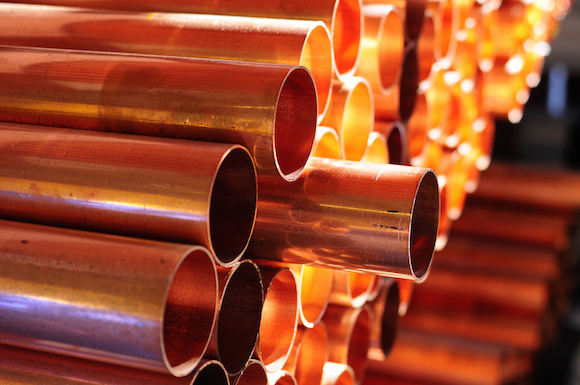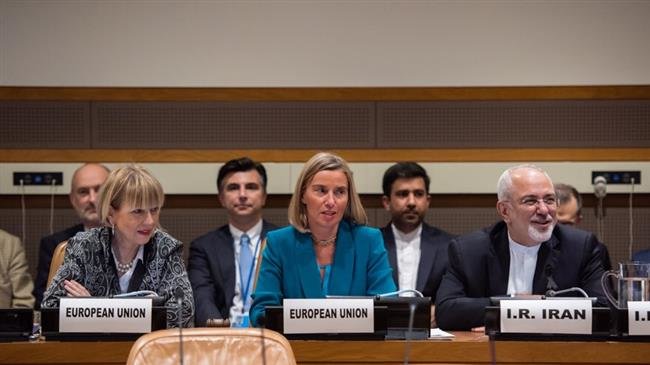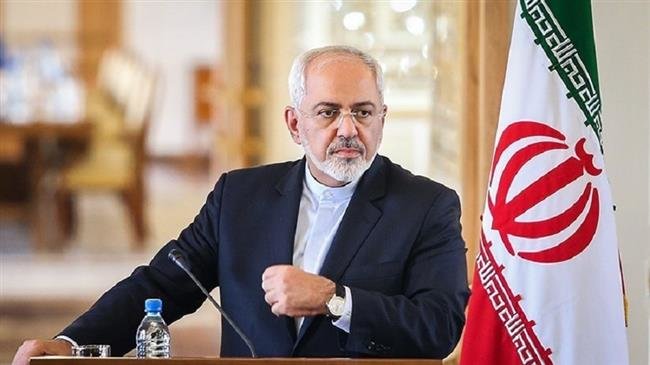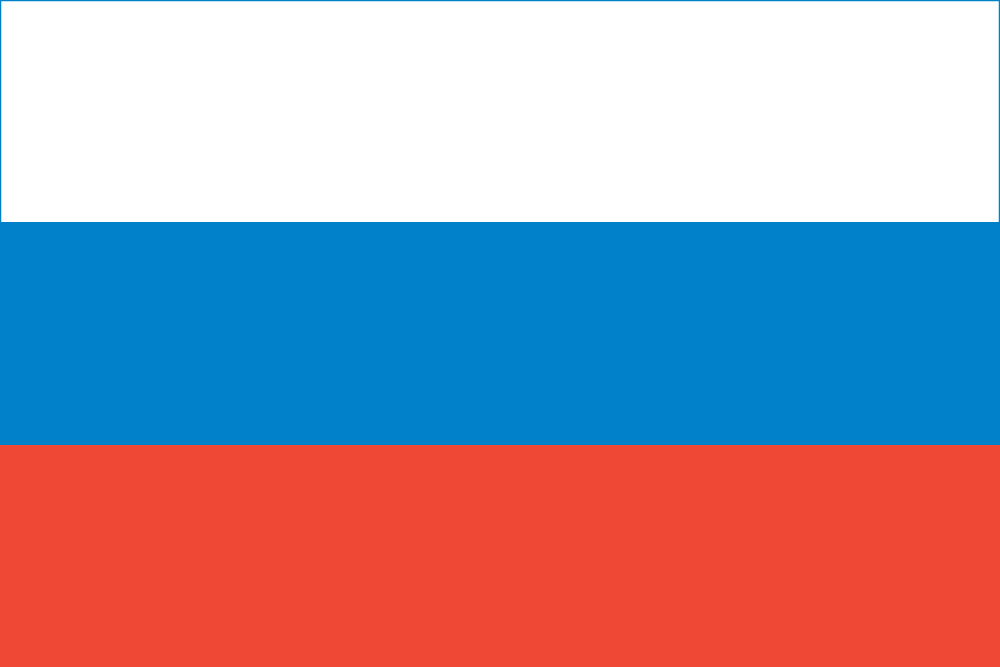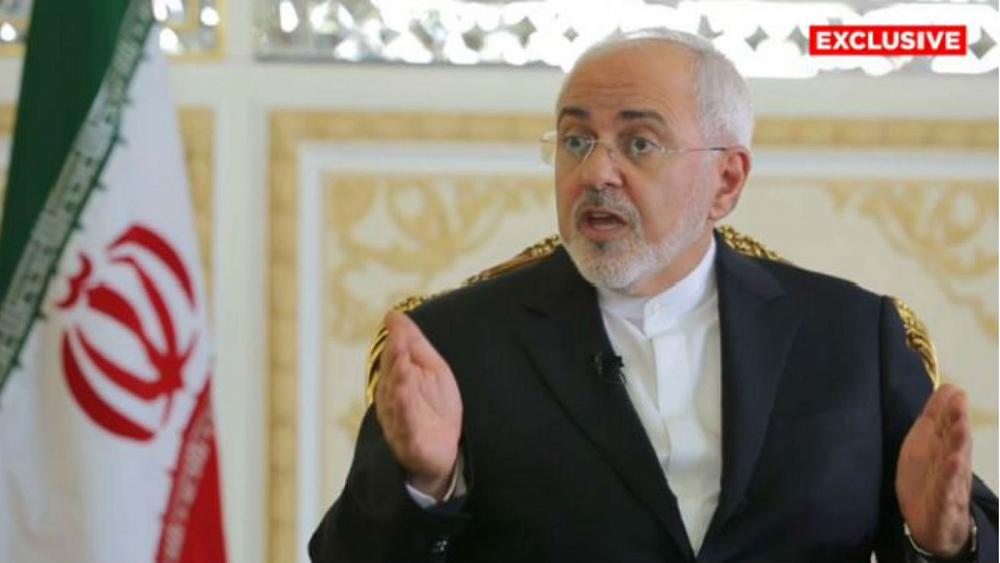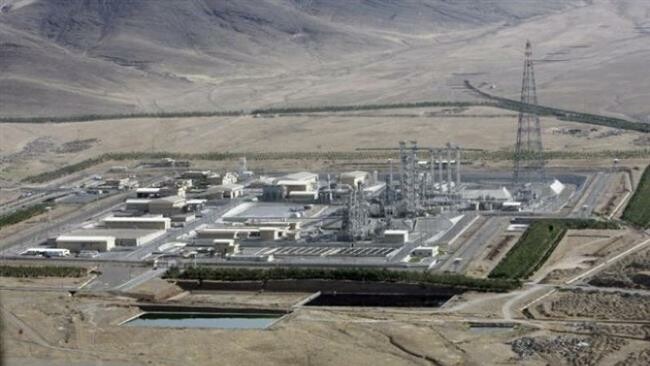Iraq, Afghanistan and Turkey are appropriate markets for Iran’s copper during the sanctions time, Kourosh Shabani, the vice chairman of National Iranian Copper Association, said in an interview conducted by the news portal of Iran Chamber of Commerce, Industries, Mine and Agriculture (ICCIMA).
Publish dateWednesday 15 May 2019 - 23:09
Story Code : 185141
AVA- In a statement released on May 3, U.S. President Donald Trump said that the new anti-Iran sanctions target Iran's revenue from the export of industrial metals.
He also warned other countries that "allowing Iranian steel and other metals into your ports will no longer be tolerated.”
The announcement was made on the first anniversary of Washington's unilateral withdrawal from the nuclear agreement — officially called the Joint Comprehensive Plan of Action (JCPOA).
Since then, the Trump administration has reimposed sanctions on Iran's energy, shipbuilding, shipping, and banking sectors under a campaign of “maximum pressure” against the Islamic Republic.
Iranian officials say the new U.S. sanctions do not affect Iran’s metal industry significantly as the country has its own customers for these products.
On May 12, Iran’s deputy minister of industry, mining and trade said the country is not much concerned about the United States’ recent sanctions on its metal exports, as Iranian steel, copper and aluminium have already their own customers.
In an interview conducted by Iran’s Tasnim news agency, Jafar Sarqini said that the fresh restrictive measures imposed by the U.S. president on Iran’s iron, steel, aluminium, and copper sectors, seem "unlikely" to significantly affect the country's metal industry.
"There is not much concern about these sanctions as Iranian steel, copper and aluminium have their own special customers in the world," he said.
Sarqini also stressed that Iranian goods in the metal sector have high-quality and meet global standards.
"There is no specific problem regarding the selling of Iranian metals in the international markets because they always have their special customers due to their high quality and value," he added.
The official also noted that Iran's exports in the metal industry sector did not decline over the past year following Washington’s withdrawal from the nuclear deal, but rather increased compared to its previous year.
Last year, Iran produced 25 million tons of steel, which make up 1.5 percent of the world's steel output, he added.
Iran plans to boost steel output to 55 million tons a year by 2025, of which 10-15 million tons would be earmarked for export.
Meanwhile, many analysts believe that the U.S. sanctions on Iran’s metals are not going to have as a great impact on exports as on imports of such commodities.
Iran is still an importer of some metal products including steel sheets, since the country’s production in the down-stream sector does not match the demand in the industry sectors.
Iran has more than enough raw materials to completely supply its domestic needs and the sanctions could in fact push the country’s production and processing units to increase their capacities to process more instead of exporting raw materials. In this way, the need for importing such commodities will no longer pressure the economy.
He also warned other countries that "allowing Iranian steel and other metals into your ports will no longer be tolerated.”
The announcement was made on the first anniversary of Washington's unilateral withdrawal from the nuclear agreement — officially called the Joint Comprehensive Plan of Action (JCPOA).
Since then, the Trump administration has reimposed sanctions on Iran's energy, shipbuilding, shipping, and banking sectors under a campaign of “maximum pressure” against the Islamic Republic.
Iranian officials say the new U.S. sanctions do not affect Iran’s metal industry significantly as the country has its own customers for these products.
On May 12, Iran’s deputy minister of industry, mining and trade said the country is not much concerned about the United States’ recent sanctions on its metal exports, as Iranian steel, copper and aluminium have already their own customers.
In an interview conducted by Iran’s Tasnim news agency, Jafar Sarqini said that the fresh restrictive measures imposed by the U.S. president on Iran’s iron, steel, aluminium, and copper sectors, seem "unlikely" to significantly affect the country's metal industry.
"There is not much concern about these sanctions as Iranian steel, copper and aluminium have their own special customers in the world," he said.
Sarqini also stressed that Iranian goods in the metal sector have high-quality and meet global standards.
"There is no specific problem regarding the selling of Iranian metals in the international markets because they always have their special customers due to their high quality and value," he added.
The official also noted that Iran's exports in the metal industry sector did not decline over the past year following Washington’s withdrawal from the nuclear deal, but rather increased compared to its previous year.
Last year, Iran produced 25 million tons of steel, which make up 1.5 percent of the world's steel output, he added.
Iran plans to boost steel output to 55 million tons a year by 2025, of which 10-15 million tons would be earmarked for export.
Meanwhile, many analysts believe that the U.S. sanctions on Iran’s metals are not going to have as a great impact on exports as on imports of such commodities.
Iran is still an importer of some metal products including steel sheets, since the country’s production in the down-stream sector does not match the demand in the industry sectors.
Iran has more than enough raw materials to completely supply its domestic needs and the sanctions could in fact push the country’s production and processing units to increase their capacities to process more instead of exporting raw materials. In this way, the need for importing such commodities will no longer pressure the economy.
avapress.com/vdcjxievvuqeovz.92fu.html
Tags
Top hits
4
